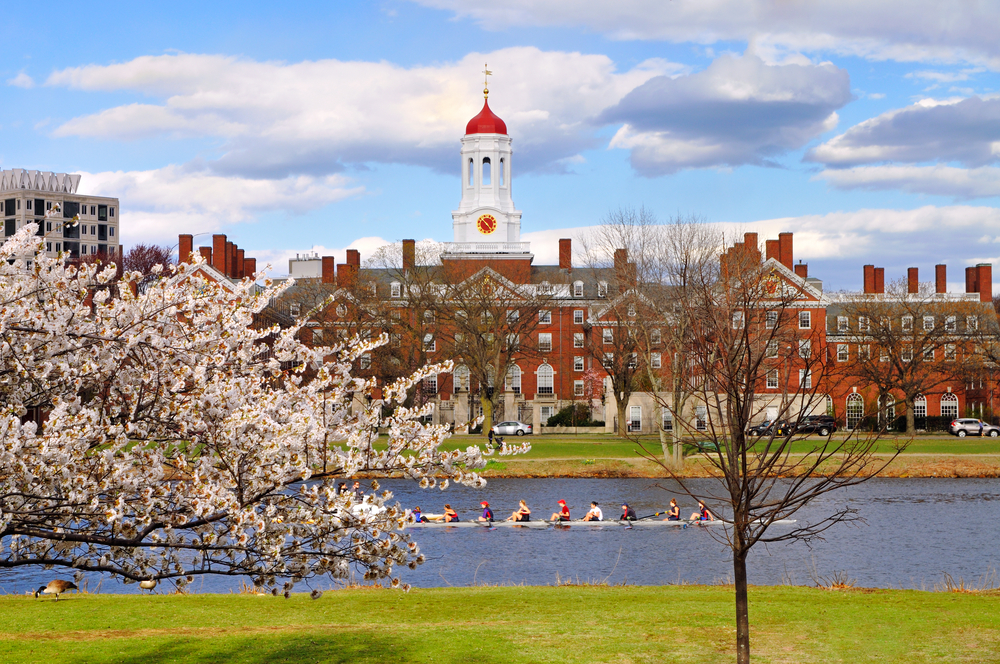One of the side effects of the Harvard Admissions lawsuit has been a greater public awareness of the Z-list, a program in which certain candidates—primarily ones whose families can afford full tuition, as well as many legacies—who don’t quite make the regular cut are given the option of entering the following year. Similar practices, involving both year- and semester-long deferrals, exist at other highly selective schools. Cornell and Brown are among the other universities also known for these schemes, but they are quietly carried out at many additional schools.
One of the primary benefits of this arrangement is that it allows colleges to lock in a certain number of full-pay students without having to include them in official freshman admission statistics, thus lowering the officially reported acceptance rate. (It does, however, have the side effect of reducing the number of spots available in the following year’s class.)
In the past, this practice has been largely associated with elite private colleges, but the other day a colleague who teaches high school happened to mention to me that, for the first time she could recall, students were only being offered spring admission at their state flagship—an excellent school although not quite elite, and one that’s making a play to hoist itself into the next tier up.
So I’m wondering: in addition to encouraging applications from far too many students who don’t stand a remotely realistic chance of admission, is deferred admission going to be the next big thing in working the rankings?
I think that in this case, though, a couple of other factors are probably coming into play too:
First, as the Ivies and other elite schools attract ever more outrageous numbers of applicants (thank you, Common App!), very strong students who in the past might have been admitted to Cornell or Johns Hopkins or Carnegie Mellon will end up at state flagships instead; lower-ranked schools will inevitably catch the spillover and become more selective themselves.
Second, as private-college tuition continues to skyrocket, an increasing number of moderately affluent families who earn too much to qualify for enough need-based aid at private schools will see public universities as the only option, causing applications to balloon further. That combined with the desire to bring in extra tuition dollars during spring semester, when juniors go abroad, is likely driving the change as well. This is basically an enrollment-management strategy to optimize space and funds.
It seems like the admissions landscape is really starting to shift; this strikes me as a trend worth keeping an eye on.
Does anyone know of any other schools, public or private, where this is becoming (more) common?
I’m really curious—feel free to comment.

They do this this at Northeasetern and Tulane as well
Not sure if you were referring to NY, but I can confirm that I’ve heard of at least two students who were offered 1-year deferred admissions to an “excellent” SUNY. These occurred within the past 2.5 years…
As for Cornell, yes I’m aware of a couple of instances of 1 year deferment, but there is an asterisk: they were both for one of the NY endowed colleges (students were both from NY).
Northeastern has been deffering students for a year and offering “guaranteed” transfers to select families. This was the case this year and last year. It has meant that other students that got in on merit are unhappy and considering transferring out because they don’t want to be associated with the weaker students.
Thank you. This is precisely what I wanted to know. When my colleague first told me that kids were getting deferred admission, my first assumption was that it was happening at private, not public, universities, and I specifically mentioned Northeastern as a school where I would be expecting this sort of thing to happen: first because they’ve played the rankings game harder than just about anyone else over the last couple of decades, and second because they’re in Boston and have an exceptionally strong understanding of how the super-elites have traditionally manipulated admissions stats. NYU is doing this publicly now, and given that they’re notorious for being stingy with financial aid, I wonder what percentage of deferred kids are full pay. UChicago is the other school I think of that’s really set out to scale the rankings; I wouldn’t be surprised to seeing this from them too.